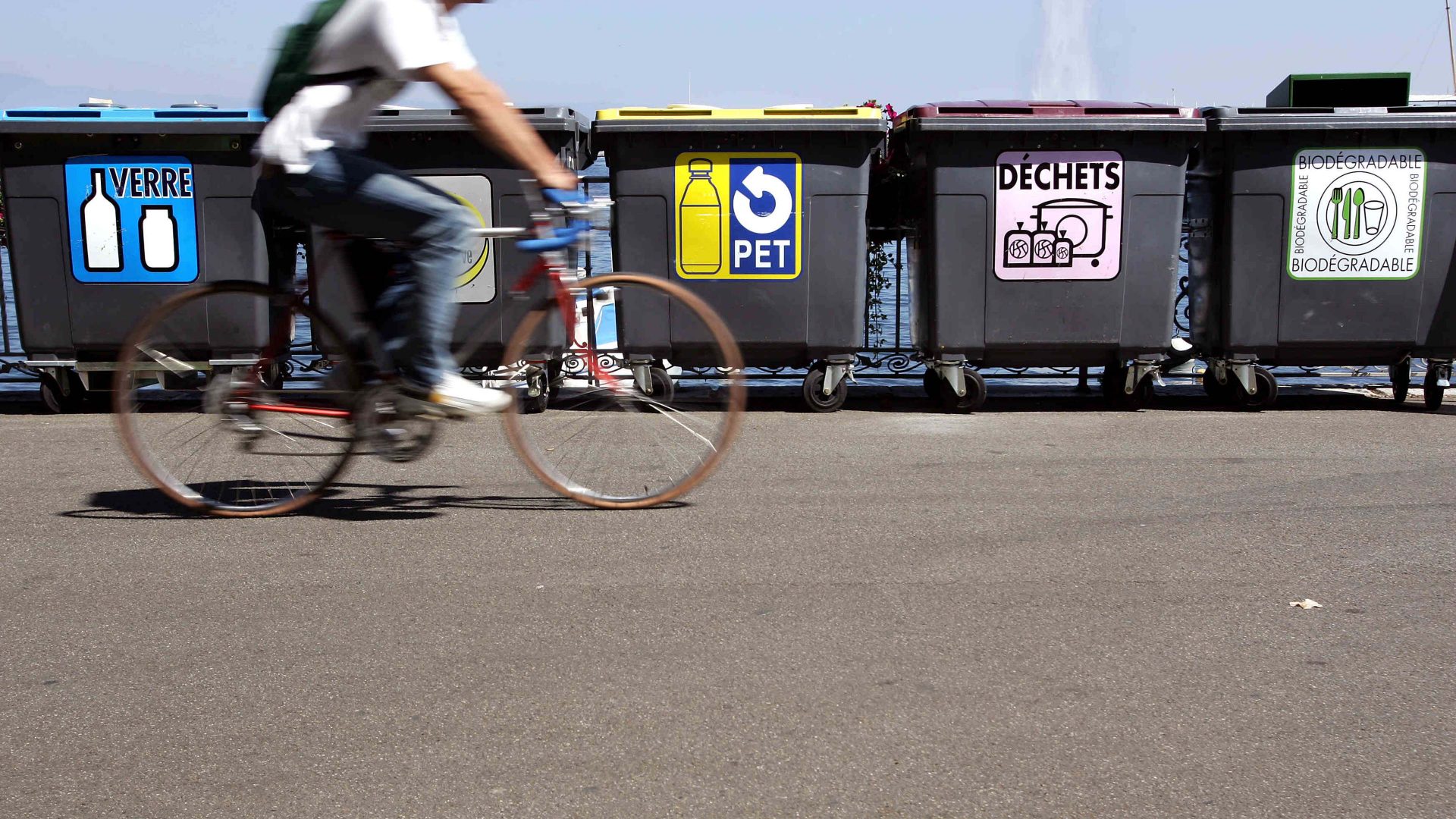Cleanliness is something of an obsession for the Swiss. The country has no official state religion, but if it did, cleaning would be a strong contender. In the village where I live, street sweeping is done with devotion – every street, every byway, every pavement is cleaned each week, as the municipal machines spray water and scrub the ground. The pavements almost gleam.
Not only are the streets clean, but almost every public space is equally spotless – including the trains, trams and railway stations. And it goes without saying that the vast majority of Swiss homes are immaculate. The Swiss find cleanliness reassuring, the secular substitute for godliness.
While the Swiss are well aware that their desire for cleanliness can seem obsessive to outsiders, they are not shy of laughing at themselves. When new to Switzerland I was surprised by a YouTube video put out by the Swiss tourist board that reported that the Swiss were cleaning mountain tops to stop the rock faces being eroded by bird droppings. The April Fools spoof quickly went viral.
Recycling is another Swiss obsession. Unlike in the UK, where waste bins are collected by the council, the Swiss are expected to trek to their nearest recycling point. Each type of article has its own bin – coloured glass separated from clear glass, paper and cardboard, garden waste, and so on. The Swiss carry out recycling with the true devotion you might expect of them, even though municipal waste has to be bagged in cantonal bags, each of which carries a tax of £2. Some 97% of glass bottles are recycled.
With their fanatical focus on cleanliness, it comes as something of a shock to see just how badly wrong one aspect appears to have gone in my village – household food waste. Each area of our village has its own food waste disposal point. They are all too easy to find – simply follow the trail of rotting food and broken compostable bags that litter the roads. The bags, which are supplied free at the disposal points, are prone to splitting. Around the bins themselves there is often a mound of food bags that people have failed to deposit in the bins provided. Very, very un-Swiss. These errant bags are attacked by animals, which spread the contents out in a wide arc around the disposal point.
There are several entirely understandable reasons for this. To open the bins, you need your commune card to operate the lid. Without it, the bin remains stubbornly closed. Forgetfulness is human. Hence the pile of discarded bags. Nor does the all-too-often ghastly state of the bins themselves encourage you to touch any part of them.
Even if you have remembered your commune card, tackling the bin’s mechanical lock is definitely not for the faint-hearted. Pushing down hard with your foot on the pump handle, the lid swings up to reveal an almighty stench, along with a sea of broken bags and rotting food matter. In summer, this organic mess often becomes a seething mass of maggots. No one, however hardened a recycler, wants to see that.
As a Brit abroad, there’s something strangely reassuring in this outbreak of inefficiency. Even Swiss systems fray at the edges. The trains do not always run on time, travel connections are not always guaranteed, bureaucracy is thoroughly bureaucratic, walls are covered in graffiti, just as in other countries. While 95% of Switzerland is spotless, every field manicured, every scene framed in nostalgia by Heidi, cows and alpenhorns, our village maggots and piles of food waste ensure that the country remains stubbornly part of the real world.
Ivan Hutnik is a former co-editor of literary journal Civil Lines, and lives in the Swiss Canton of Vaud



